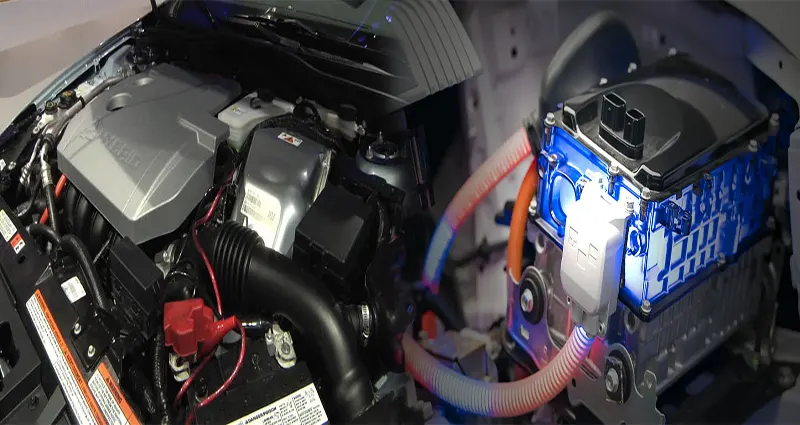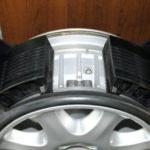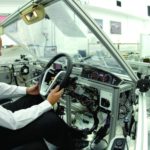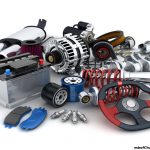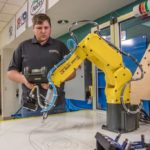Exploring the Differences Between Traditional and Electric Car Mechanics
The automotive industry is undergoing a transformative shift towards sustainability, with electric vehicles (EVs) emerging as a viable alternative to traditional gasoline-powered cars. Understanding the differences between traditional and electric car mechanics is crucial in appreciating the unique characteristics and technological advancements of these two types of vehicles.
Traditional Car Mechanics
Traditional cars, also known as internal combustion engine vehicles, have been the dominant mode of transportation for decades. These vehicles rely on an engine that burns fuel (gasoline or diesel) to generate power, which is then transmitted to the wheels through a complex system of components, including the transmission, pistons, and exhaust system.
Key Components of Traditional Cars:
- Internal Combustion Engine: The heart of a traditional car, the engine burns fuel to produce mechanical power.
- Transmission: The transmission system transfers power from the engine to the wheels, allowing for speed variation.
- Exhaust System: Responsible for removing

